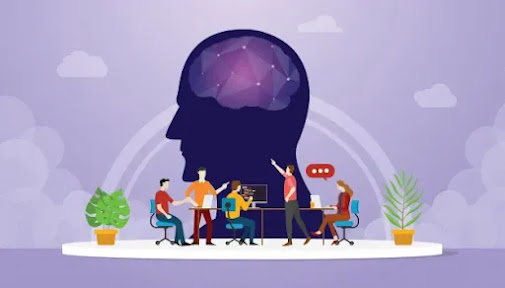10. Succession Planning and Training and Development.

Succession Planning and Training and Development. A technique known as "succession planning" aims to identify potential leaders, high performers, and employees and provide them with the tools and resources they need to grow and progress within the company. Every company can benefit from this idea, regardless of size or sector. Establishing a strong talent pipeline of potential successors is the main goal of the succession planning process, as it will help minimise disruptions to the organization's operations during staff transitions. Succession planning makes ensuring that when a key position within the organisation becomes vacant, business operations continue as usual. A well-designed succession plan aids in the identification of skill gaps within an organisation and emphasises the necessity of both internal corporate knowledge retention and training/investment in employee learning. The procedure aids in the identification of managers and staff members from the interna...





